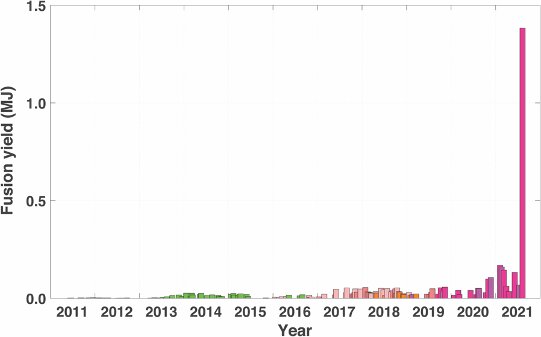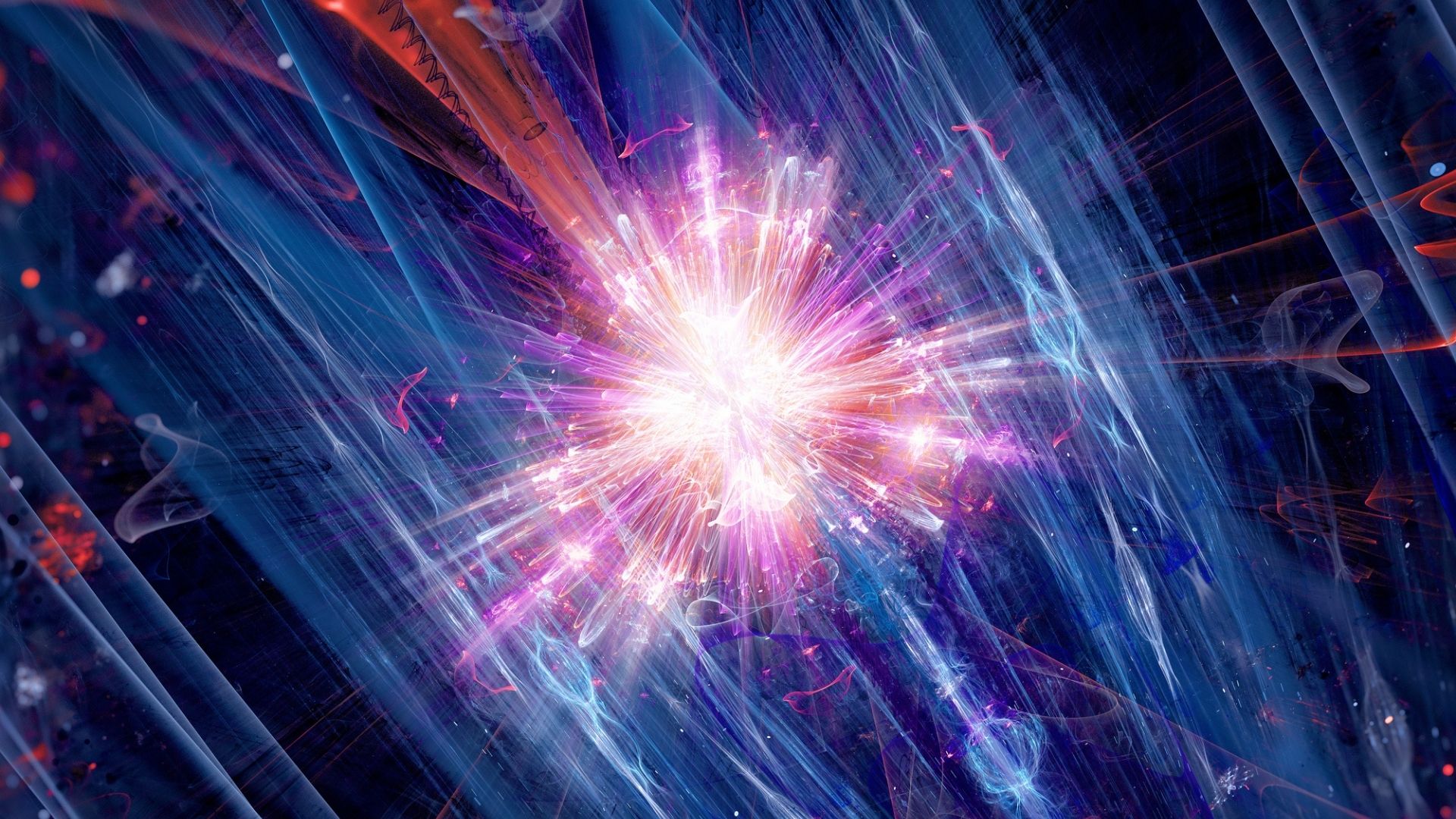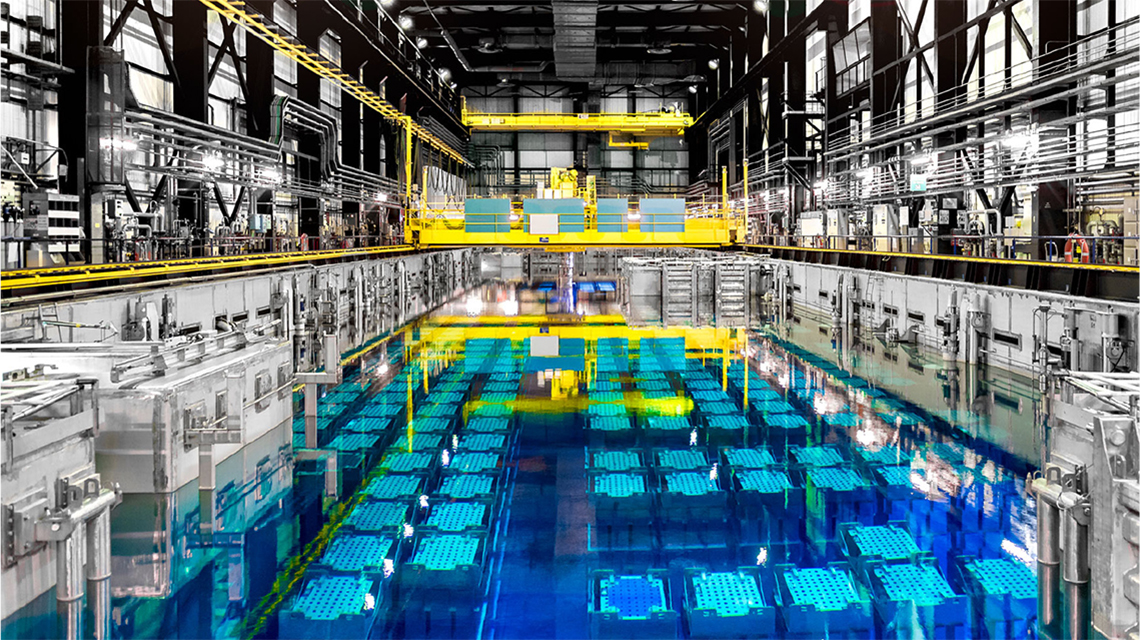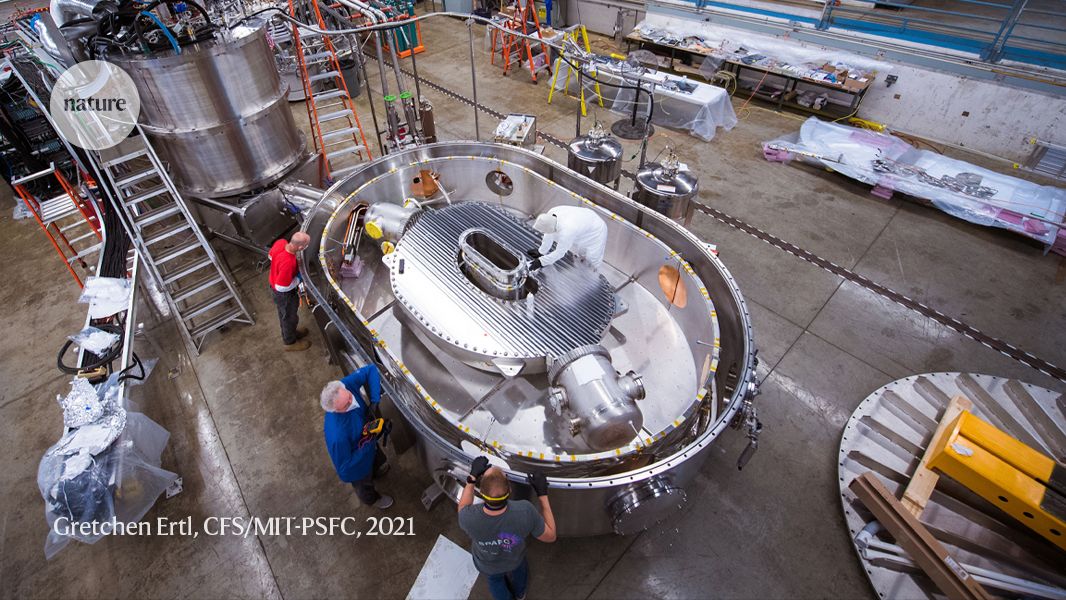Some articles are stating that it looks like controlled nuclear fusion was reached by the US National ignition Facility

 phys.org
phys.org
Other articles are less certain but it moves the ball closer to the goal. I just wonder is if the various competing billion dollar projects shut down at one point and concentrate on one or two viable technology's?.

Major nuclear fusion milestone reached as 'ignition' triggered in a lab
Ignition is a key process that amplifies the energy output from nuclear fusion and could provide clean energy and answer some huge physics questions.
Other articles are less certain but it moves the ball closer to the goal. I just wonder is if the various competing billion dollar projects shut down at one point and concentrate on one or two viable technology's?.



![[Hearth.com] Fusion Ignition Reached [Hearth.com] Fusion Ignition Reached](https://www.hearth.com/talk/data/attachments/285/285105-b14e5716960ba015e04bd946d12c65c4.jpg?hash=Tbv52Rsmiq)




